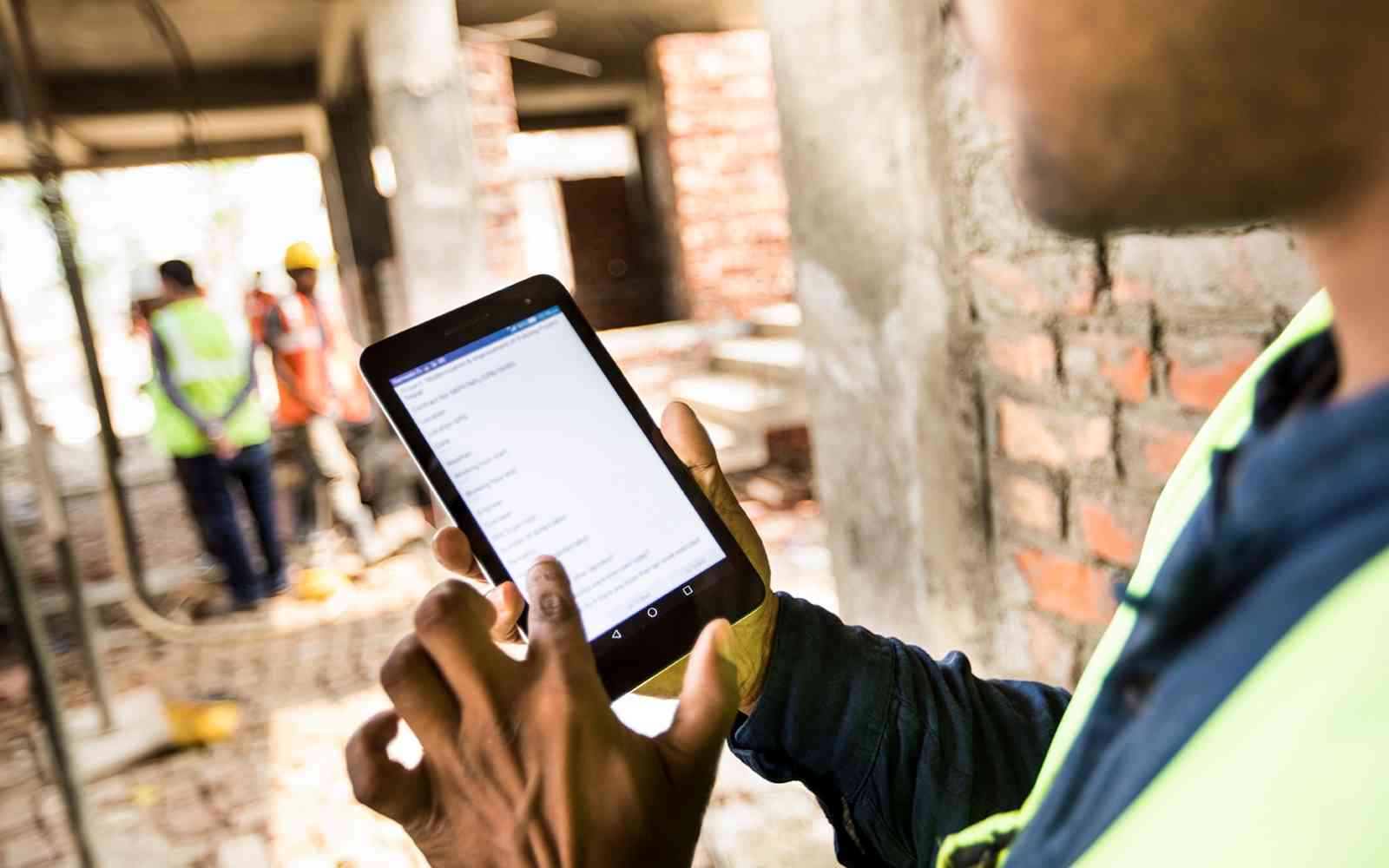The United Nations Office for Project Services (UNOPS)
COVID-19 and the future of public spending

New UNOPS-supported research published by The Economist Intelligence Unit (The EIU) examines the implications of COVID-19 and the opportunity it presents to rethink approaches to public procurement.
The follow-up research essay to The EIU’s recent UNOPS-supported report, ‘The future of public spending: Why the way we spend is critical to the Sustainable Development Goals’ (SDGs) highlights the importance of effective and sustainable public spending, as countries reopen, recover and rebuild.
“The coronavirus crisis has exposed deep-rooted challenges to public procurement practices. Our research finds that despite these challenges, the pandemic also presents a unique opportunity to adopt fresh procurement practices that will lead to wider development gains in the future,” said The EIU Senior Editor, Jeremy Kingsley.
UNOPS is proud to support this body of research, which reveals the important opportunity governments around the world now have to rethink the way they approach public spending. To continue driving progress towards the SDGs, it is key to place efficiency, equality and sustainability at the core of public spending.
The COVID-19 crisis has caused severe disruptions to global supply chains and exposed undesirable practices such as price gouging of essential items.
“Prices have gone up by 20 times – or 2,000 per cent – for some items […] That makes it more difficult for low- and middle-income countries to have access to those supplies compared with richer countries,” said Vinay Sharma, Global Director of Solutions and Innovations in Procurement in the World Bank’s Governance Global Practice, in the report.
Yet the crisis has also triggered rapid and innovative responses, and fostered valuable new partnerships between the public and private sectors.
The research finds that to support local businesses and save jobs, governments all over the world are ‘ripping up the rulebook’ on public spending – adopting flexible procurement processes that enable speed and an opening up of contracts to new players, including small and medium-sized enterprises. The research suggests that if done right, such practices could bring welcome innovation far beyond the pandemic.
“Government has a powerful tool for influencing the economy and strengthening society – and that is public procurement,” said Helena Fonseca, Specialist in Public Management at the Organization of American States and Technical Secretary of the Inter-American Network of Government Procurement.
In the essay, experts point out that with unemployment set to rise to unprecedented levels, the need to shape inclusive spending policies that actively enable greater and more diverse participation in public contracts has become more critical than ever. In part, this can be accomplished with a tech-led transformation to more open, online, inclusive digital services.
“Countries that were able to move fast for the crisis were those that were reforming procurement and using good open data – they were able to pivot faster,” said Gavin Hayman, Executive Director of the Open Contracting Partnership, a not-for-profit organization working to improve government contracting globally.
The research concludes that achieving efficiency and value for money now will also help to ensure that more public funds are available to governments as they face the enormous challenges of shifting to a low-carbon economy and accelerating progress towards the SDGs.











